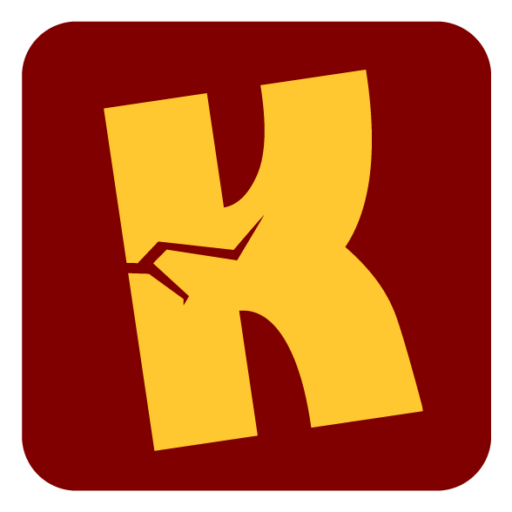Nigerian slang is constantly evolving, a vibrant tapestry woven from diverse languages, pop culture, and everyday life. As we’ve began 2024, let’s peek into the slang crystal ball and predict some hot trends:
1. Idan: From Yoruba, meaning “magic,” “Idan” can signify the extraordinary, often used to praise someone’s exceptional skills or achievements (“She no get idan, na talent!”). Expect it to transcend its Yoruba roots and become widespread.
2. Shebi: A mix of “Shey” (Yoruba for “isn’t it?”) and “bi” (Igbo for “is”), “Shebi” is used for rhetorical questions seeking confirmation or teasing (“Shebi you said you wouldn’t be late?”). Prepare for sassy “Shebi”s to pepper conversations.
3. Dey para: Short for “they are paranoid,” “Dey para” describes someone overreacting or feeling unnecessarily defensive (“See how my friend dey para because I borrowed his shirt”). This one’s already bubbling and will likely boil over in 2024.
4. Zazoo: Inspired by singer Olamide’s hit song, “Zazoo” signifies ostentatiousness, flaunting wealth or possessions (“Na zazoo things, that car too expensive”). Get ready for “Zazoo” to describe anything flashy or extravagant.
5. Otilo: Meaning “it’s enough,” “Otilo” can express contentment or exhaustion, depending on the context (“Otilo for today’s work” or “Otilo with all this drama”). Brace yourself for versatile “Otilo” popping up everywhere.
6. Gbeng: Literally “thunder,” “Gbeng” can be a playful threat or a dramatic expression of disbelief or shock (“Omo, you see wetin she do? I swear, gbeng!”). Expect “Gbeng” to add a thunderous spark to your conversations.
7. Abeg: A pidgin abbreviation for “I beg,” “Abeg” is a versatile plea for anything from requests (“Abeg, pass the salt”) to apologies (“Abeg, I no mean to offend you”). This all-purpose gem will remain a slang staple.
8. E choke: Meaning “it chokes,” “E choke” expresses surprise, excitement, or even disapproval (“See that dance move, e choke!” or “This traffic e choke, I swear”). Get ready for “E choke” to chokehold your conversations in 2024.
9. Shey you dey whine me: Pidgin for “Are you kidding me?”, “Shey you dey whine me” expresses disbelief or playful teasing (“Shey you dey whine me about winning the lottery?!”). This classic will continue to reign in the realm of playful doubt.
10. Odogwu: Igbo for “great warrior,” “Odogwu” has evolved to describe someone exceptional, a leader, or simply someone having a good day (“My tailor na real odogwu, he fixed my dress in minutes!”). Expect “Odogwu” to celebrate all the everyday heroes in 2024.


